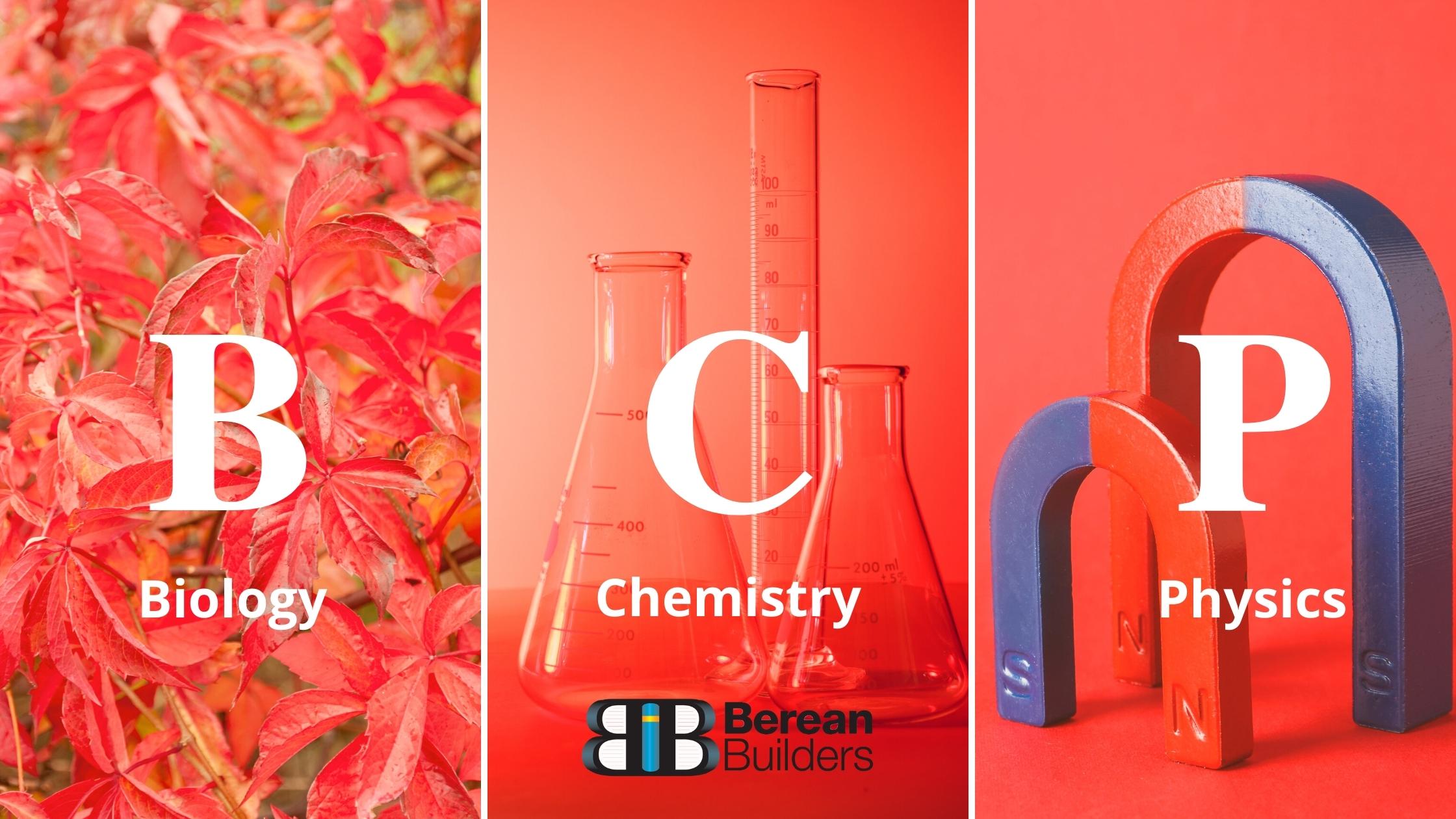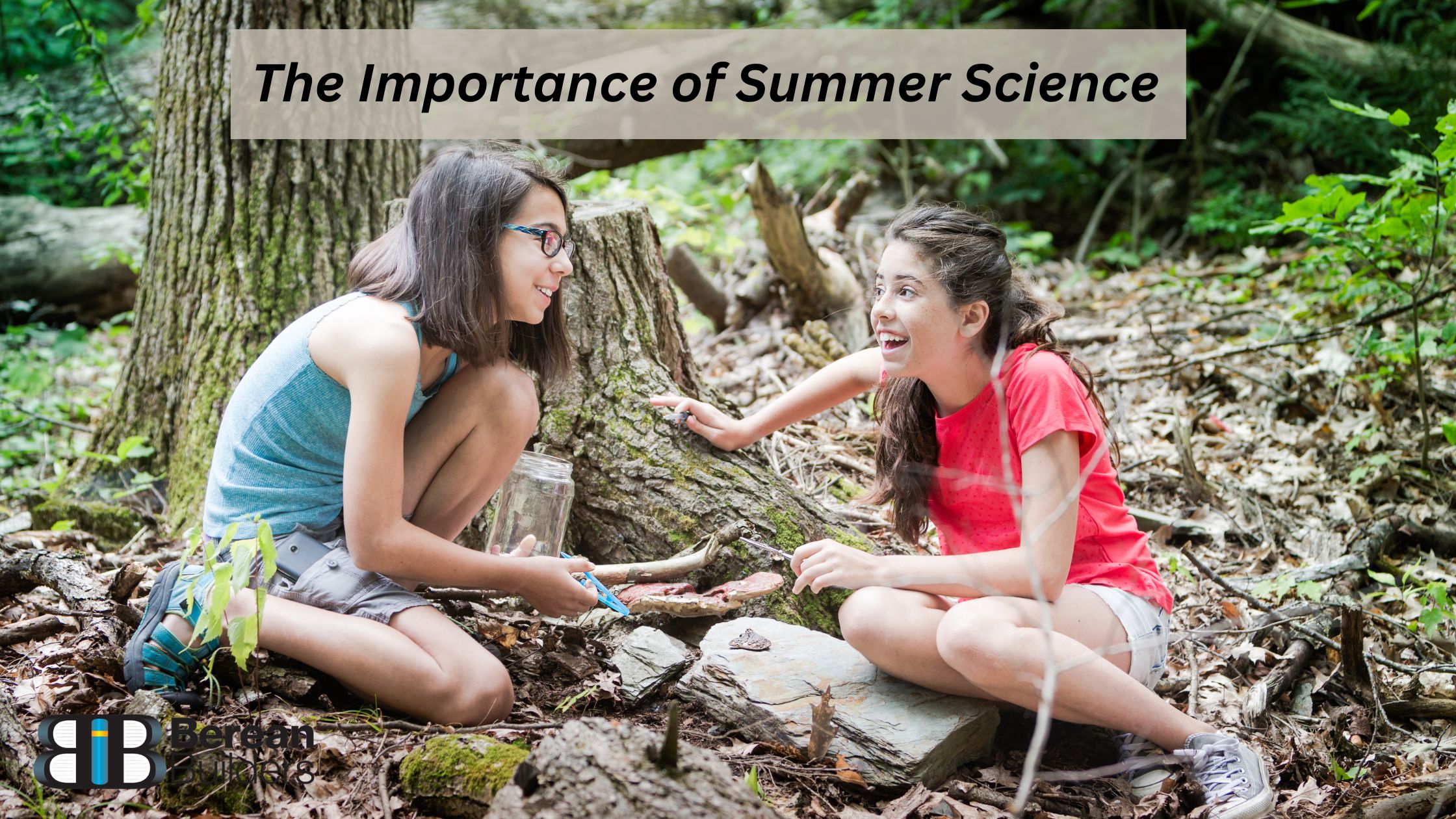
As a homeschooling parent, you’re always looking for ways to provide your children with a well-rounded enriching education. One approach that has gained significant traction in recent years is STEAM learning, but what exactly is STEAM, and how can it benefit your homeschool?
What Is STEAM?
STEAM stands for Science, Technology, Engineering, Arts, and Mathematics. This interdisciplinary approach to learning encourages students to explore both the natural and constructed worlds through the lens of multiple disciplines, leading to a deeper understanding of concepts and their real-world applications.
Unlike traditional siloed academic subjects, STEAM learning emphasizes the connections between these fields, challenging students to think critically, solve complex problems, and tap into their creativity.
By integrating these elements, STEAM education prepares learners for the increasingly interdisciplinary nature of the modern workforce and equips them with the skills needed to thrive in a rapidly changing world.
In your homeschool, STEAM learning can take on many forms, from structured unit studies to more open-ended, project-based activities. The key is to encourage your children to explore, experiment, and engage with the material in hands-on, meaningful ways.
The Benefits of STEAM Learning
One of the primary benefits of STEAM learning is its ability to spark your homeschoolers’ natural curiosity. By presenting them with real-world challenges and problems to solve, you can tap into their innate desire to understand how things work and how they can be improved or optimized. This curiosity-driven approach helps to foster a love of learning that can last a lifetime.
Moreover, STEAM learning is valuable because it develops critical thinking and problem-solving skills. As your children work through STEAM based activities, they’ll learn to break down complex problems, analyze data, and devise creative solutions.
These skills are not only essential for success in STEM (Science, Technology, Engineering, and Mathematics) fields but also transferable to a wide range of academic and professional pursuits.
Another important aspect of STEAM learning is its emphasis on the arts. By integrating artistic expression and design thinking into the curriculum, you can nurture your children’s creativity and help them develop a more holistic understanding of the world around them.
This can lead to enhanced problem-solving abilities, improved communication skills, and a heightened appreciation for the role of aesthetics in daily life.
How to Incorporate STEAM Learning in Your Homeschool
To incorporate STEAM learning into your homeschool, you might start by introducing your students to engineering challenges, where they work to solve problems using the engineering design process.
Encourage your children to sketch their ideas, test their prototypes, and review their designs based on feedback and observation.
You can also integrate STEAM concepts into your existing curriculum by exploring the science behind art, the mathematics behind music, or the technology behind historical innovations.
For example, you might have your children create their own geometric art pieces, compose rhythmic patterns, or investigate the physics of flight by building and testing paper airplanes.
Berean science courses offer plenty of opportunities for practical applications of STEAM activities. The many hands-on science experiments included with every course gives your students a starting point for further investigation using STEAM concepts.
You’ve got the science! Here are some examples to bring focus to technology, engineering, art, and mathematics in your Berean science homeschool planning:
Leverage Technology
- Introduce your children to emerging technologies like robotics, 3D printing, or renewable energy systems, and have them experiment with applying these tools to solve scientific problems.
- Encourage them to research and report on how recent technologies are advancing scientific discovery and innovation.
- Integrate virtual reality, augmented reality, or other digital tools into your science lessons to enhance visualization and exploration.
Incorporate Engineering
- Present your children with open-ended engineering design problems, such as building a bridge that could hold the most weight or creating a device to clean up an oil spill.
- Guide them through the engineering design process of defining the problem, researching solutions, prototyping, testing, and improving their designs.
- Have them document their design process and present their final solutions to you or other family members.
Integrate Art
- Have your students create scientific illustrations or diagrams in their notebooks to help visualize and explain scientific concepts they are learning.
- Engage them in designing their own experiments or models, focusing on the aesthetics and visual communication of their designs.
- Encourage them to create sculptures, paintings, or other art pieces that represent scientific phenomena, principles, or theories.
Explore Mathematics
- Show your students how to analyze scientific data and measurements to help them understand how mathematical concepts like statistics, geometry, and algebra are used in scientific inquiry.
- Have them create mathematical models to predict or explain scientific phenomena.
- Incorporate math-based coding or programming activities into your science lessons, such as using simple computer simulations.
Emphasize Real-World Connections
- Tie your science curriculum to current events, local environmental issues, or technological advancements to help your children see the relevance and practical applications of what they’re learning.
- Plan field trips or virtual excursions to museums, science centers, or research facilities to expose your children to STEAM professionals and authentic scientific work.
- Invite STEAM experts, such as engineers, scientists, or artists to share their experiences and insights with your students.
As you delve into STEAM learning, be sure to foster an environment of collaboration and communication. Encourage your children to work together, share their ideas, and provide constructive feedback to one another. This not only promotes teamwork and social skills but also helps to reinforce the interconnected nature of the STEAM disciplines.
Remember the key to successful STEAM learning is to make it engaging, relevant, and fun. By tapping into your children’s natural curiosity and allowing them to explore their interests through hands-on activities, you can help them develop a deep, lasting understanding of the world around them.
As you continue on your homeschooling journey, embrace the power of STEAM learning to nurture your children’s creativity, critical thinking, and love of discovery. With this comprehensive approach, you’ll not only prepare them for academic and professional success but also help them become well-rounded, adaptable, and curious individuals, ready to tackle the challenges of the 21st century.









